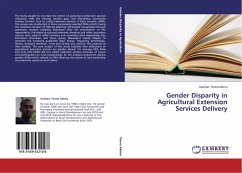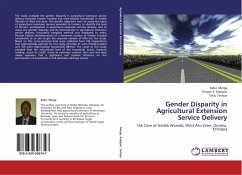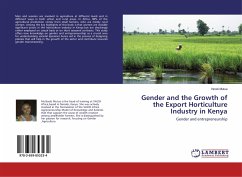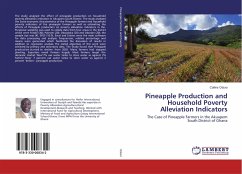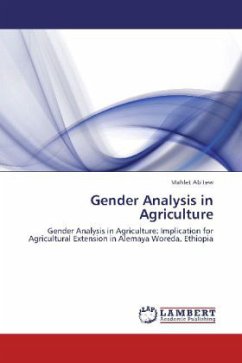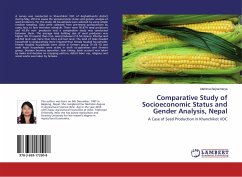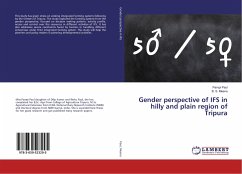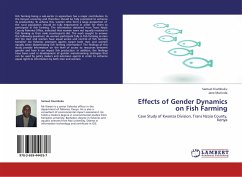The study sought to ascertain the extent of agricultural extension services utilization with the existing gender gaps and identifying constraints women farmers' face to utilize extension services in Bure woreda, ANRS. The survey was conducted in three purposively selected PKAs which having the maximum number of FHHs by selecting 160 sample households through systematic random sampling technique after sex stratification of the respondents. Pre-tested structured interview schedule and other secondary sources were used to collect primary and secondary data respectively. Key informant interviews and focus group discussions mainly helped to generate the necessary qualitative data. Range, frequency, percentage, means, standard deviation, t-test and x2-test was used for the purpose of data analysis. The core output of the study indicates that utilizations of agricultural extension services are gender biased. On average 64% FHHs and only 31% MHHs did not utilize extension services exclusive of inputs and participation on rural cooperatives. So the analysis component depicts gender differentials related to FHHs illiteracy, less access to and ownership of productive resources and others.
Bitte wählen Sie Ihr Anliegen aus.
Rechnungen
Retourenschein anfordern
Bestellstatus
Storno

